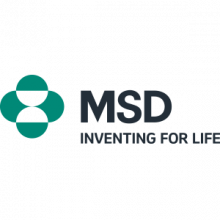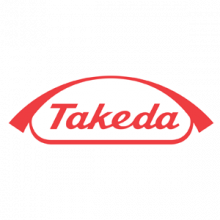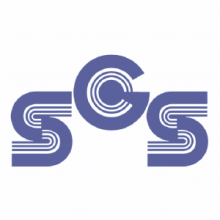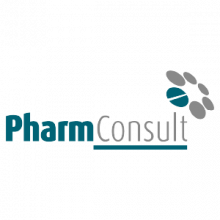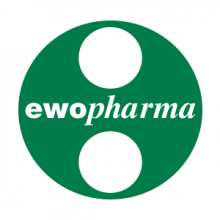Ulcerative Colitis
The aim of treatment is primarily to alleviate the symptoms of the disease (diarrhoea, pain, blood loss) and then to prevent its recurrence. This can usually be achieved with medication. Cortisone-derived drugs, available in tablet or injection form, are effective in treating sudden flares of the disease. Another active drug is sulfasalazine, which was discovered in 1942 by the Swedish physician Nanna Svartz. It is interesting to note that this substance is an inactive form of the drug, which is converted to its own anti-inflammatory drug 5-aminosalicylic acid only when it reaches the large intestine. Since then, other drugs containing pure 5-aminosalicylic acid have been developed. They are equally effective but have fewer side effects.
Suppositories, enemas and foam preparations containing 5-aminosalicylic acid have proven particularly useful in the treatment of those forms of ulcerative colitis which affect the rectum or left side of the colon (representing 80% of all patients). Enemas and foams containing cortisone derivatives that have only a local effect are also tested. The decision as to which of these different substances and forms of administration to use will depend on the extent and severity of the disease in each individual case. This again underlines the importance of a detailed examination before starting your own treatment.
The choice of treatment depends on the severity of the sudden onset of the disease and the extent of the inflammation. Medicines must always be taken for a long time. This means that treatment must be continued even if the symptoms of the disease have already subsided. Long-term administration of 5-aminosalicylic acid preparations has been shown to prevent relapse. As with other medicines, some side effects such as headache, stomach upset, nausea, anaemia, and hair loss may occur. These side effects are rare and disappear after phasing the medicine out. Do not be discouraged by the long descriptions of side effects listed in the package leaflet and do not stop taking the prescribed medicines. It is best to consult your doctor, who will assess whether the medicine should be discontinued or the dose adjusted. The occurrence of side effects is not as common as the complications that a patient causes himself if he arbitrarily stops taking the medicine. This also applies to patients whose disease is at rest and does not show signs of activity.
Due to the successful advancement of modern drug treatment, surgical treatment is rarely needed. Surgery is necessary for life-threatening complications, if severe symptoms do not improve despite medication, or if serious side effects are present. Removal of the colon, of course, "cures" ulcerative colitis. In many cases, it is now possible to remove the colon without the need to create an artificial anus. This is achieved by creating a sac from a part of the small intestine, which serves as a reservoir for the stool and thus replaces the function of the rectum. This usually results in stool formation of normal consistency and emptying approximately 5 times per day.
Extraintestinal inflammatory symptoms (joints, skin, eyes) can be effectively treated with the same drugs used to treat intestinal inflammation (especially cortisone-related medicines). Surgical treatment or diets are usually not appropriate. Inflammation of the bile ducts can be treated with ursodeoxycholic acid (ursodiol). If abnormal "liver test" values are present, the cause of the damage needs to be clarified so that appropriate treatment can be instituted.
Crohn's disease
The treatment of Crohn's disease is based on the same principles as the treatment of ulcerative colitis. As Crohn's disease has a wider range of symptoms and complications, the decision on the most appropriate treatment for each case must be given increased attention. Acute outbreaks are usually treated with cortisone. Alternatives are "cosmonautic" food (diet completely absorbed only in the upper small intestine) or infusion of nutrients directly into the bloodstream. However, these procedures are not effective enough. If the disease is limited to the small intestine, only cortisone-related medicines should be administered. If the large intestine is also affected, 5-aminosalicylic acid is also administered. Patients who do not respond to treatment with these medicines may be given an intestinal antibiotic (metronidazole) or medicines that suppress the activity of the immune system (e.g. azathioprine). If you experience side effects during treatment (such as burning sensations in your hands and feet, hair loss, anaemia, increased hypersensitivity to cold and other symptoms), talk to your doctor, but do not stop taking or reduce your dose. Acute cases of Crohn's disease are usually managed with some of these drugs. The same goes for extraintestinal symptoms. Long-term treatment with 5-aminosalicylic acid reduces the frequency of acute flares.







